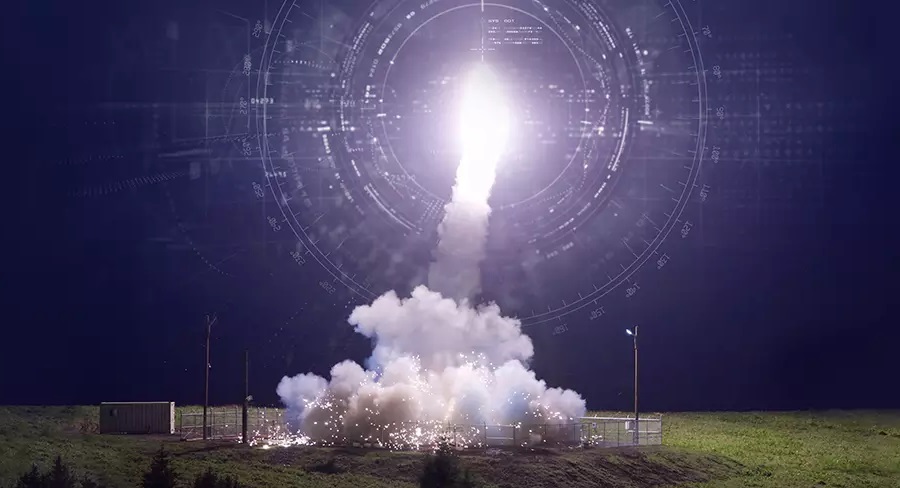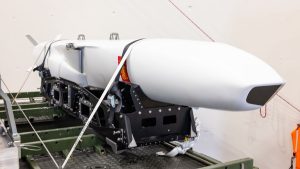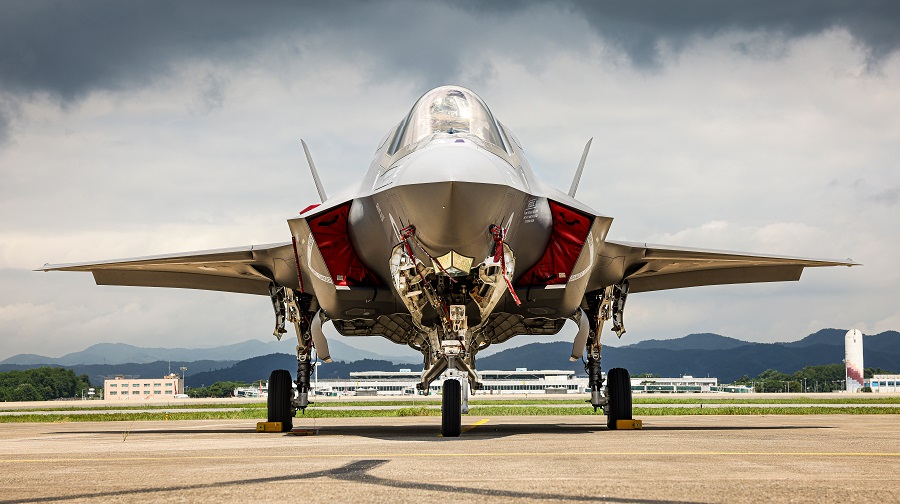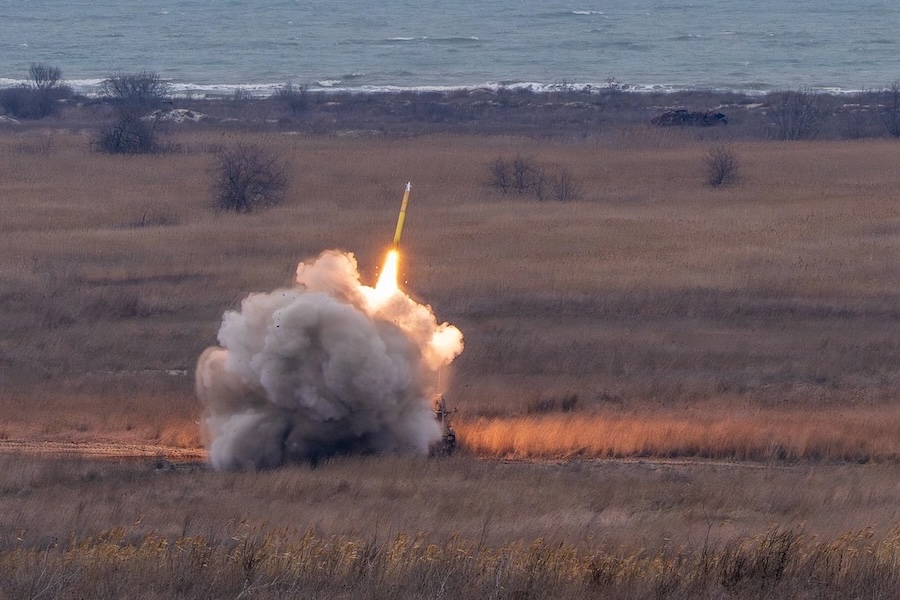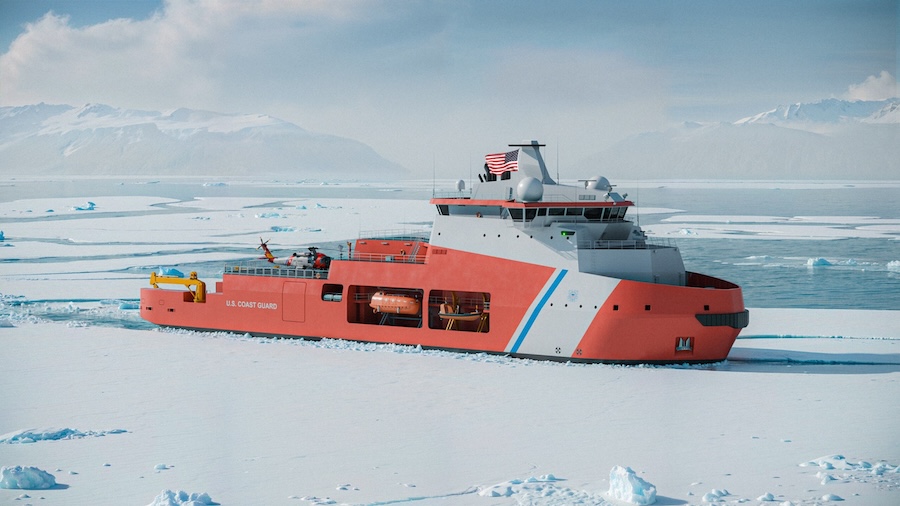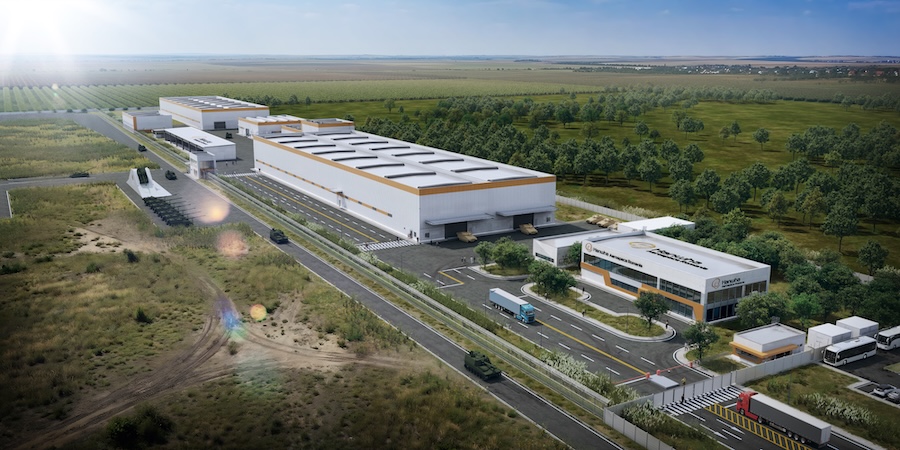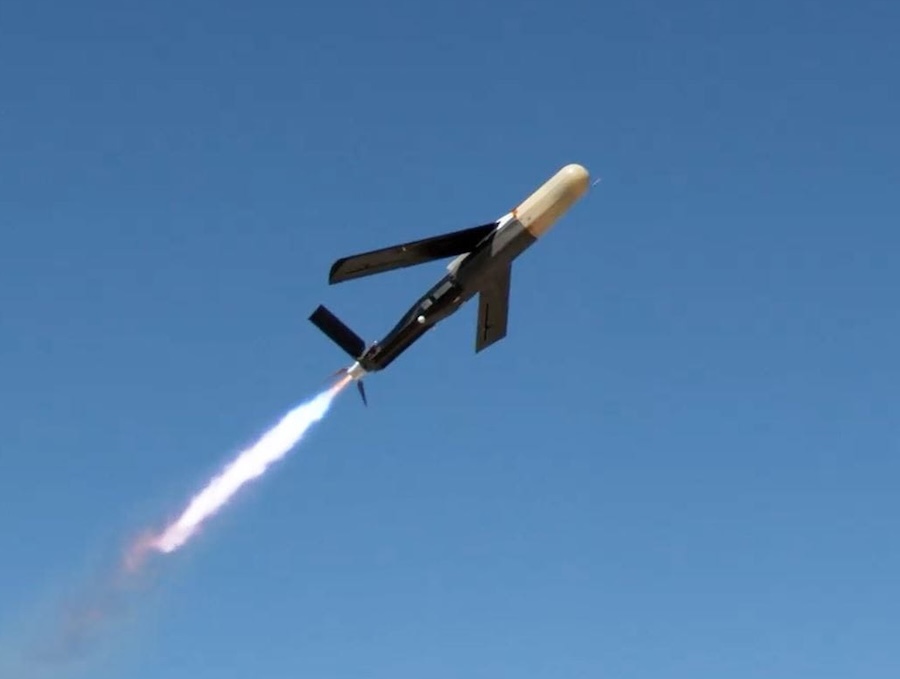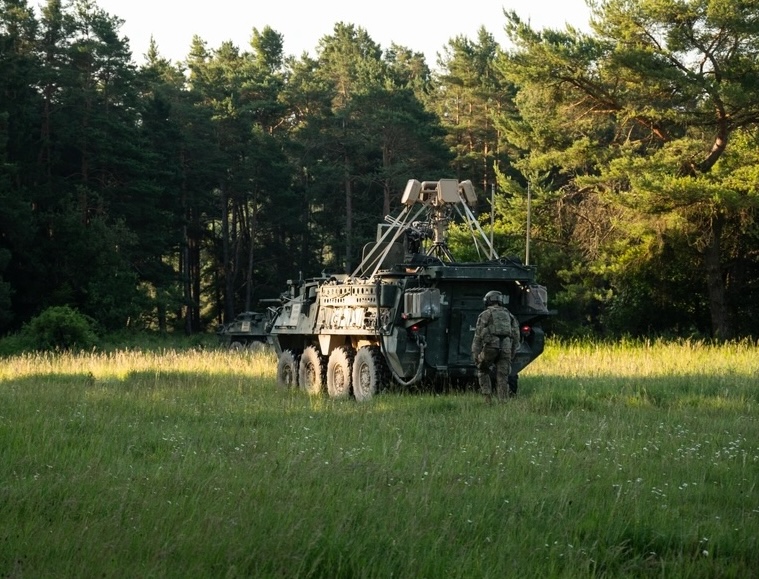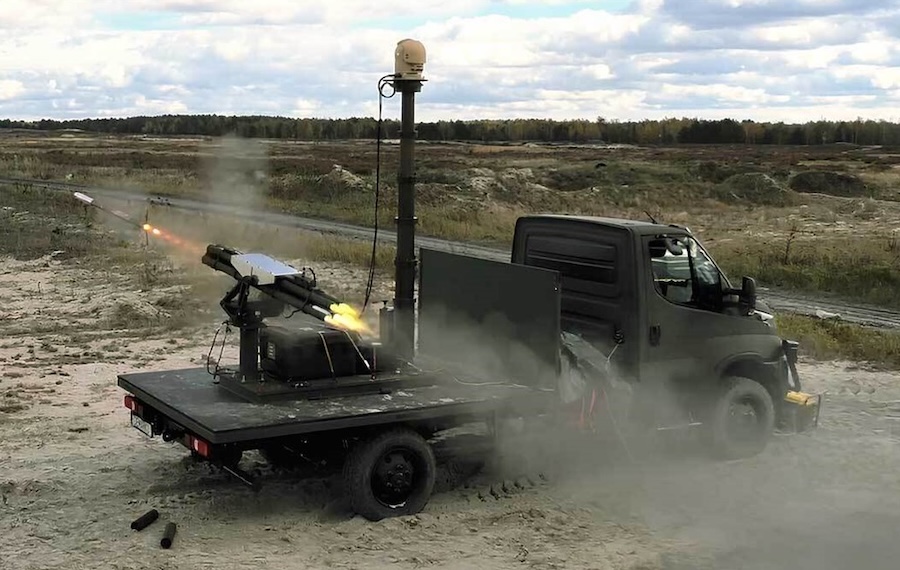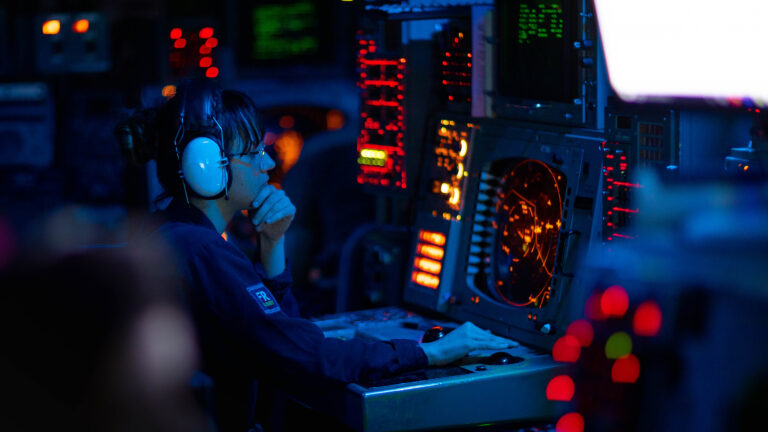The agreement falls under fixed-price incentive contract line-item numbers and supports the U.S. government’s missile defence capabilities. Work under the contract will take place across several U.S. sites including Dallas (Texas), Sunnyvale (California), Troy (Alabama), and Camden (Arkansas).
THAAD is a highly effective, combat-proven defence system capable of intercepting ballistic missile threats at both high and low altitudes. It remains the only U.S. system specifically designed to intercept targets both outside and inside the atmosphere.
With a 100 percent flight test intercept rate, the THAAD system is designed to protect against short-, medium-, and intermediate-range ballistic missiles. Lockheed Martin noted that “THAAD continues incremental capability improvements within the weapon system to continually improve effectiveness against current and emerging threats.”
Lockheed Martin emphasised THAAD’s “unparalleled accuracy and speed,” calling it a “critical layer of protection” for national defence. Its performance record and readiness have attracted continued attention from international partners and the global air defence community.


